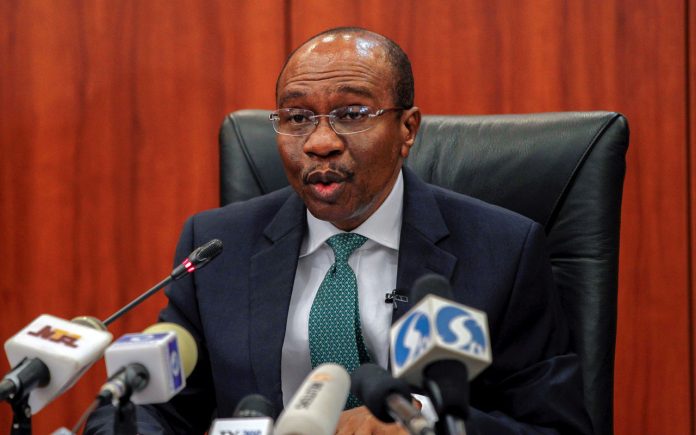The Central Bank of Nigeria (CBN) has raised the Monetary Policy Rate (MPR) to 13.5 per cent, in a bid to mop up excess liquidity ahead of the 2023 general elections.
The Monetary Policy Committee of the CBN took the decision on Tuesday at the 285th meeting held in Abuja.
This makes it the first time the CBN would increase its MPR since September 2020 when it was pegged at 12.5 per cent.
The MPR is the benchmark lending rate that moderates interest rates, and which the CBN lends to banks.
Advancing reasons why the MPR was increased from 11.5 per cent to 13 per cent, the CBN said the action is targeted at mopping up excess liquidity ahead of the 2023 election spending.
In April, Nigeria’s inflation rate had risen to 16.82 per cent thereby making it more challenging for the Central Bank effort at managing the surging prices.
According to analysts, though the country’s economy is on a growth trajectory, the growth recorded is still very fragile.
The National Bureau of Statistics (NBS) said the country recorded a GDP growth of 3.11 per cent in the first quarter of this year.
All over the world, global inflationary pressure has influenced policy tightening as the International Monetary Fund (IMF) also called on central banks to hike interest rates.
Already, the US Fed has increased the benchmark interest rate by 0.5 percentage points to a target rate range of between 0.75 per cent and 1 per cent.
The Russia-Ukraine crisis had led to an upsurge in global inflationary pressure as food and energy prices have risen to over 40 years high, and China has also been impacted by the Covid-19.
According to the CBN Governor, Godwin Emefiele, high energy prices, logistics issues for agric products and epileptic power supply worsened Nigeria’s inflationary pressure, noting that the apex bank’s outlook is gloomy due to the sanctions on Russia.
The CBN Governor said the MPC decided to take a cautious shift to a policy that would sustain economic recovery, stressing that tightening will help curb inflationary pressure before it reaches a galloping point.
Also, he said tightening the interest rate will provide an incentive for capital inflow and restore investors’ confidence, adding that reducing the MPR would also put pressure on the country’s exchange rate and lead to further depreciation of the Naira.
Taking all these variables into consideration, the Monetary Policy Committee of the CBN decided to increase the MPR to 13 per cent; retain the Asymmetric Corridor of +100/-700 basis points around the MPR; retained the CRR at 27.5 per cent, and retained the Liquidity Ratio at 30 per cent.
